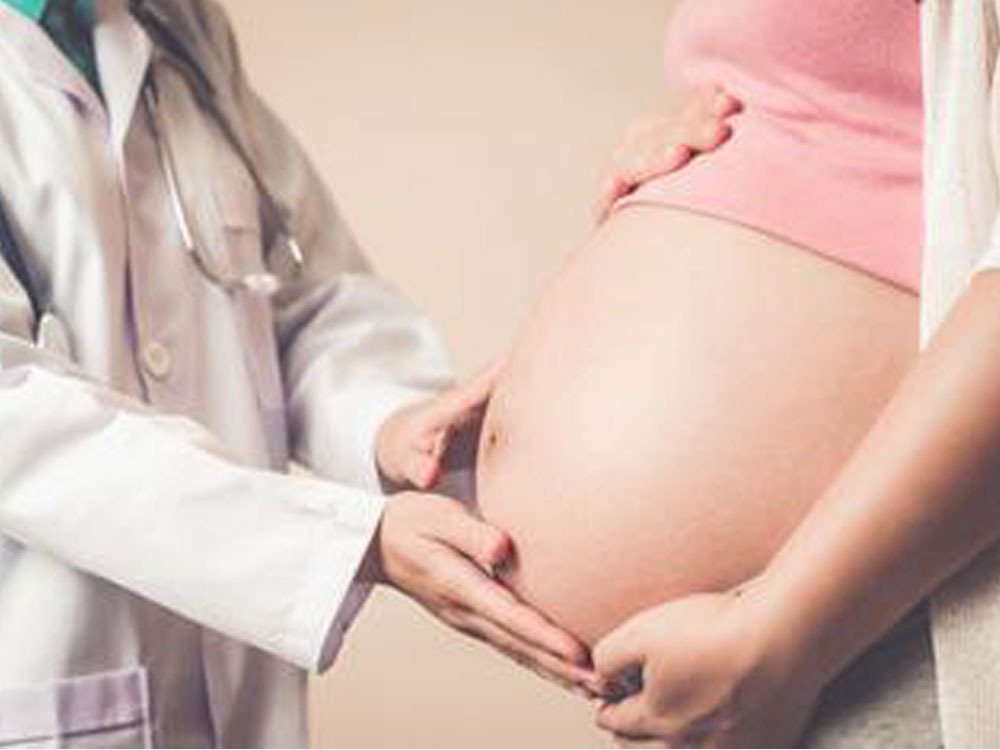Obstetrics and gynecology (OB/GYN) is a medical specialty that encompasses two distinct yet interconnected areas: obstetrics, which focuses on pregnancy, childbirth, and postpartum care, and gynecology, which deals with the health of the female reproductive system. Obstetricians provide comprehensive care for pregnant women, guiding them through prenatal care, monitoring fetal development, and ultimately assisting with childbirth. Gynecologists, on the other hand, address a wide range of women's health issues, including reproductive health, contraception, menstrual disorders, and the diagnosis and treatment of conditions such as uterine fibroids and ovarian cysts.
Infertility is a significant aspect of reproductive health addressed within the field of obstetrics and gynecology. Infertility specialists, often working in collaboration with OB/GYN professionals, focus on evaluating and treating couples experiencing difficulty conceiving. These specialists use a variety of diagnostic tools, including fertility testing and imaging studies, to identify underlying causes of infertility. Treatment options may include lifestyle modifications, medication, assisted reproductive technologies such as in vitro fertilization (IVF), and surgical interventions to address anatomical issues. The integration of obstetrics, gynecology, and infertility services ensures a holistic approach to women's reproductive health, catering to both the unique needs of pregnant women and those seeking assistance with fertility challenges.
In recent years, advancements in reproductive medicine and assisted reproductive technologies have expanded the scope of infertility treatment, offering new possibilities for individuals and couples facing fertility issues. The interdisciplinary collaboration between obstetricians, gynecologists, and infertility specialists enables a comprehensive and personalized approach to reproductive care, emphasizing both preventive measures and advanced interventions to support women throughout their reproductive journey. The field continues to evolve with ongoing research and technological innovations, contributing to improved outcomes and the realization of reproductive aspirations for many individuals and couples.


